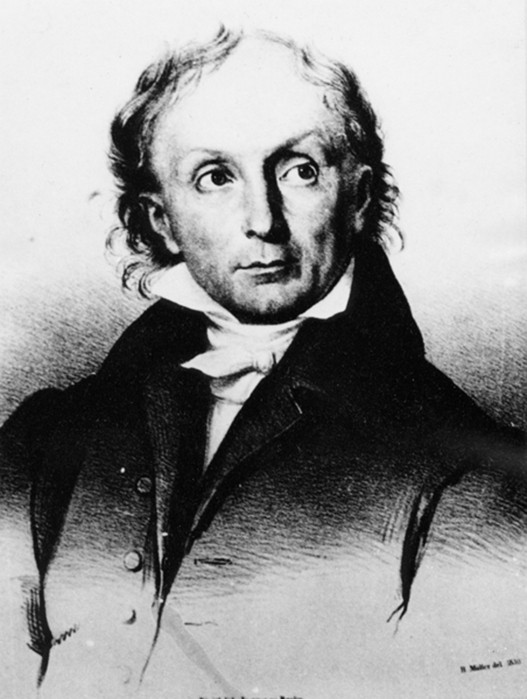The “Right to Migrate” Trumps All
The Center for Immigration Studies has issued a report, Fewer Jobs, More Immigrants, maintaining that despite the loss of 1 million jobs, 13.1 Million immigrants arrived in the last decade. The level of immigration remained the same despite a huge worsening of job creation.
Most tellingly, in 2008-2009, in the midst of the greatest economic downturn since the Great Depression, 2.4 million new immigrants (legal and illegal) settled in the United States, even though 8.2 million jobs were lost over the same period. And the forecast is miserable, the LA Times print edition headline screaming “Fed forecasts hears of pain on job front.” The article did not quote anyone who thought that cutting back immigration would be a good idea.
Which tells us one thing: It’s not about economics. As the CIS notes, “the level of new immigration can remain high even in the face of massive job losses.” Read more








